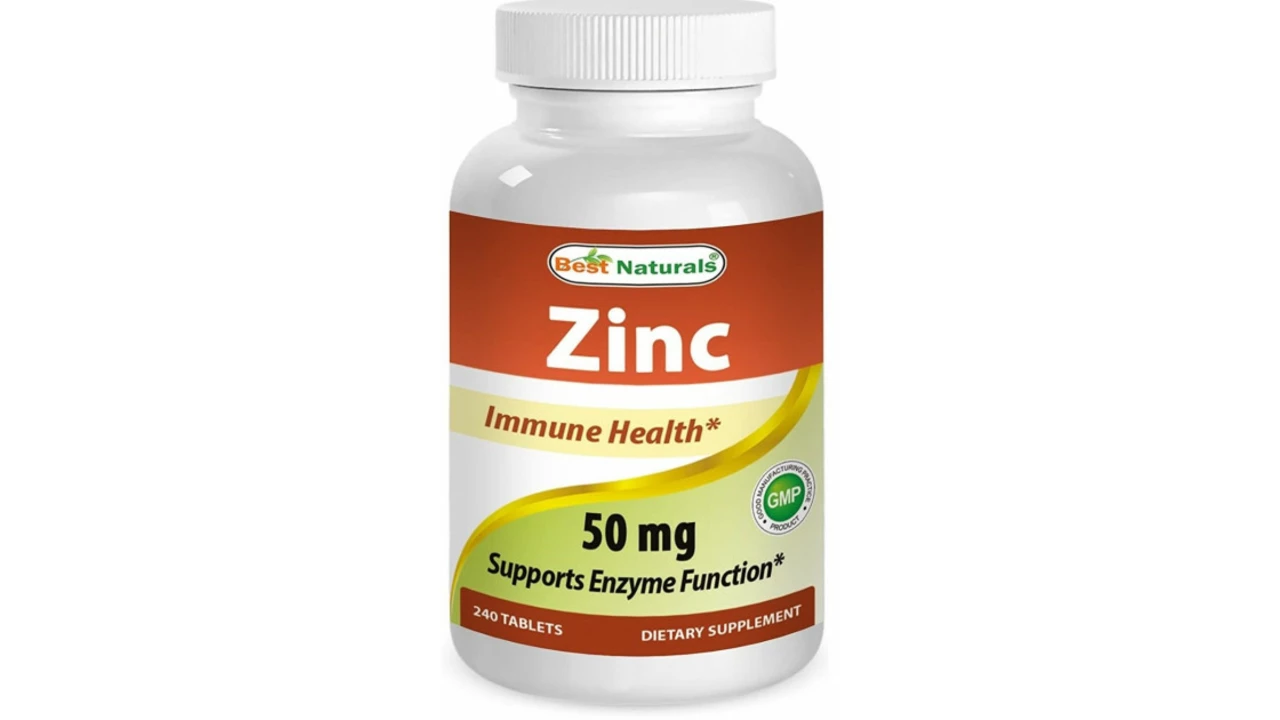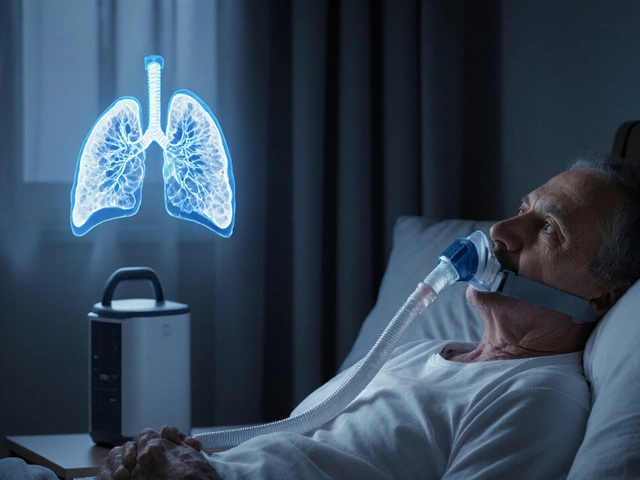Immune System Basics – What You Need to Know
Your body’s front line against germs is the immune system. It’s not a mysterious force; it’s made of cells, organs, and chemicals that work together to keep you healthy. When something unwanted enters—like a cold virus or food bug—the immune system spots it, sounds the alarm, and clears it out.
Most people think immunity is only about medicines or vaccines, but everyday habits play a huge role. Simple changes in diet, sleep, stress handling, and movement can give your defenses a real upgrade without any fancy gadgets.
How the Immune System Works
The system has two main teams: innate immunity and adaptive immunity. The innate side is fast‑acting; skin, tears, and stomach acid block invaders right away. White blood cells called neutrophils rush to any breach, swallowing bacteria in seconds.
If the first line can’t finish the job, the adaptive team steps in. This crew remembers past attackers so it can respond faster next time. B‑cells produce antibodies that tag viruses, while T‑cells hunt down infected cells and tell the body when to calm down after a fight.
All of this takes energy, which is why a tired or malnourished body struggles to defend itself. Your immune system also needs signals from hormones and nutrients—think vitamin C, zinc, and omega‑3 fats—to stay sharp.
Everyday Actions to Strengthen Your Defenses
Sleep well. Aim for 7–9 hours a night. During deep sleep, the body releases cytokines that help control inflammation and infection.
Eat a rainbow. Colorful fruits and veggies supply antioxidants and fiber that feed good gut bacteria—a key player in immune health.
Stay hydrated. Water carries nutrients to cells and helps flush out toxins. A simple glass of water after waking up kick‑starts the system.
Move regularly. Moderate exercise, like a brisk walk or light cycling, boosts circulation so immune cells travel faster. Overdoing it can backfire, so keep sessions under an hour most days.
Manage stress. Chronic stress releases cortisol, which can suppress white‑blood‑cell activity. Try breathing exercises, short meditation, or a hobby you enjoy to keep stress in check.
Get sunlight. Sunlight triggers vitamin D production, and low levels are linked to higher infection rates. Fifteen minutes of midday sun a few times a week is usually enough.
When you feel a cold coming on, act fast: increase fluids, rest, and consider a zinc supplement for the first 24‑48 hours. These steps can shorten the illness and keep symptoms mild.
If you’re curious about how specific supplements affect immunity, check out our guide on natural bronchodilators—it explains which plant extracts support airway health without prescription meds. And if asthma or allergies are part of your story, our article on Montelukast vs. Albuterol offers a clear comparison of alternative treatments.
Remember, the immune system isn’t an all‑or‑nothing machine; it responds to daily inputs. Small, consistent habits add up to a stronger defense line that helps you bounce back quicker from everyday bugs.

Boost Your Immune System Naturally with Scotch Broom Dietary Supplement
In my recent post, I explored the many benefits of boosting your immune system naturally with Scotch Broom Dietary Supplement. This powerful plant-based supplement is packed full of vital nutrients that help strengthen our immune system. It works wonders in enhancing our body's natural defense mechanism against common illnesses. In addition to its immune-boosting properties, Scotch Broom also promotes good heart health and improves digestion. It's an excellent choice for those wanting a natural way to enhance their health and well-being.





